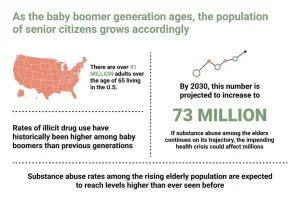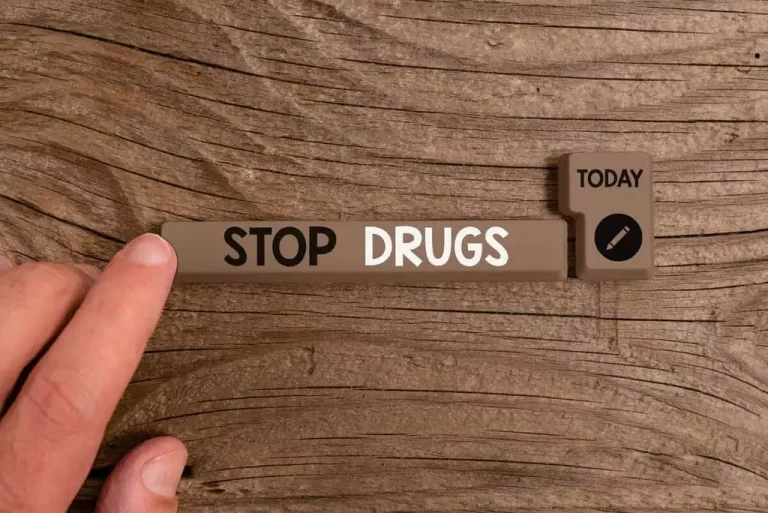
It can lock you into destructive and harmful patterns of behavior. Accepting the partner has a problem and seeking help based on this is one way of acknowledging your needs. loving an addict It can be difficult to know where to start, and you may not have put yourself first in a long time. Asking for help is the first step in changing this destructive pattern.
- Over time, reward circuits regain sensitivity to respond to normal pleasures and to motivate pursuit of everyday activities.
- When, for example, cravings hit, a helpful strategy is to self-negotiate a delay of use.
- You can take some steps to help alleviate some of the stress of different hardships.
- To support recovery and build hope for the future, it‘s important for the person in recovery to try to repair the damage done to relationships.
Get Healthy Together

It’s natural to get frustrated with your loved one when you see them doing something that’s harmful to their health. For your own well-being, you may occasionally need to limit your contact if that person is actively using substances or alcohol. It not only affects the person who is suffering, but everyone close to them. Family and friends often place the needs of their loved one above their own. That can result in a lack of self-care, increased illness and sometimes struggles with depression and anxiety.
Support for Me and My Family

Nevertheless, many treatment programs, including Alcoholics Anonymous, require a commitment to complete abstinence as a condition of admission. Millions of people do, whether they were once compulsive users of opiates, alcohol, or gambling. There is enduring resolution of what once was problem behavior. The idea that recovery should be wholly an individual journey reinforces the idea that addiction is solely a character flaw. That idea has been disproven by loads of research, and although individual recovery is critically important, so is relationship recovery. I have never met someone on a solid recovery path who wasn’t engaged with strong social supports.
#8 Encourage Tough Love
Do you think those people had a reason to feel shame because they asked for your help? Studies show that craving has a distinct timetable—there is a rise and fall of craving. In the absence of triggers, or cues, cravings are on a pathway to extinction soon after quitting. But some triggers can’t be avoided, and, further, the human brain, with its magnificent powers of association and thinking, can generate its own.
- They can also explain the variety of treatment options out there for your loved one – many of which include the involvement of family and other supporters.
- We tend to focus mostly on romantic and family relationships, but other types of relationships can have a big impact on your recovery efforts as well.
- Truth be told, a simple smile or friendly gesture can go a long way in re-identifying an emotional center.
- However, the use of this word implies that a person with addiction is “dirty” when using drugs.
- Here are three things you should avoid saying to a friend or family member after a relapse and six you should try instead.
The single most popular path is the use of peer support groups in the community. First, you will need to separate yourself, both physically and emotionally. During this time, it’s important that you find a strong support system because you will need it. Often loved ones of an addict will participate in a group of other people whose loved ones are an addict.
While you may make your best effort to help them, at some point, you might also have to understand how to let go of an addict you love. While lifestyle alterations can be a big help for families in crisis, addictions can cause deep wounds that often benefit from seeking professional help. Research has found that families of addicted people experience increased levels of depression and anxiety.

No matter the pathway to recovery, the mechanisms by which people change are the same. Research shows that whether people make use of formal clinical services, mutual-help organizations like SMART Recovery and AA, or find their own unique path, they engage a common set of tools. Still, it’s important to recognize that the recovery change process itself is very difficult.
Learn as much as possible about addiction.
A small group of adolescents relapsed when facing interpersonal difficulties accompanied by negative emotions and social pressures to drink or use. Treatment and education can help adults learn techniques for handling urges and ways of accepting and managing negative emotions. Treatment and information aimed at adolescents can help them learn techniques for managing both positive and negative emotional states. Recovery from addiction is not a linear process, and increasingly, relapse is seen as an opportunity for learning. Such triggers are especially potent in the first 90 days of recovery, when most relapse occurs, before the brain has had time to relearn to respond to other rewards and rewire itself to do so.
- Not only that, but substance use disorders can be serious — even life-threatening.
- Research has identified relapse patterns in adolescents and adults recovering from addiction.
- There is a large body of research showing that addiction can have negative impacts on relationships, and I have never met someone in recovery who was unaware that addiction hurts loved ones.
- Contact us today if you have questions about family resources, the recovery process or personalized treatment options for addiction that could work well for your loved one.
- Before any help can be offered, you must be able to objectively and clearly view the reality of the situation.
- Getting the courage to leave someone with a substance use disorder is never easy, and it requires changing behaviors that you have engaged in for a long time.

Planning in advance a way out of high-risk situations—whether an event, a place, or a person—helps support intentions in the face of triggers to use. It’s important to remember that you didn’t cause the addiction. While we are unable to respond to your feedback directly, we’ll use this information to improve our online help. Although it may be scary to think about giving up behaviors that have formed your “comfort zone,” it may be even more scary for you to think about continuing them. Cultivate your wisdom, so that you know the difference between what you can and can’t change, and stop trying to control or “fix” anyone other than yourself. “Put your own oxygen mask on first before helping others.” You won’t be able to help your partner if you can’t help yourself.
